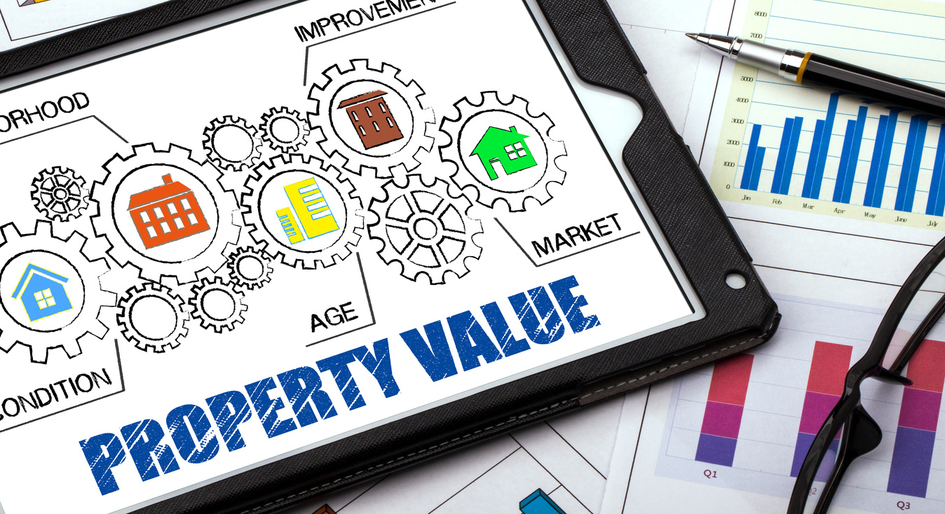The average assessed value of condominiums jumped by anywhere from 7 to 29 per cent across 19 jurisdictions of British Columbia’s lower mainland in the 12 months between July 1, 2020 and 2021. Notices are now in the mail to property owners province-wide as a new year of the annually updated assessment cycle is set to unfold.
BC Assessment, the agency which re-evaluates properties every year based on market values as of July 1, reports a nearly 22 per cent increase in value across all inventory compared to the 2020 assessment. That comprises more than 2.14 million properties, collectively valued at about $2.44 trillion in 2021.
“It is important to understand that changes in property assessments do not automatically translate into a corresponding change in property taxes,” emphasizes Bryan Murao, deputy assessor with BC Assessment. “How your assessment changes relative to the average change in your community is what may affect your property taxes.”
Nearly 82 per cent of the provincial assessment base is located in the lower mainland, which encompasses Greater Vancouver, the Fraser Valley, the Sea-to-Sky area and the Sunshine Coast. That’s now pegged at approximately $1.75 trillion, representing a $29 billion increase from the previous assessment. About $23.7 billion of that gain is attributed to new construction, subdivisions and property rezoning. The remainder is due to market change.
Province-wide, commercial and industrial properties account for slightly less than 12 per cent of the assessment base. In the lower mainland, surging values for single-family homes are far outstripping gains in the condo market. For strata residential, including condominium apartments and townhomes, average year-over-year gains were most modest in the city of Vancouver (at 7 per cent) and adjacent suburban cities of New Westminster (9 per cent) and Burnaby (10 per cent).
The average assessed value of strata residential properties in Vancouver is $759,000 versus an average assessed value of nearly $2 million for single-family homes, representing a 16 per cent increase from the previous year. Generally, the sharpest upward spike in average values occurred in the jurisdictions with the lowest valued strata residential properties in 2020.
Notably, average values climbed 21 per cent in Abbotsford, from $342,000 to $412,000; 20 per cent in Langley, from $382,000 to $459,000; and 23 per cent in Maple Ridge, from $456,000 to $563,000. Nevertheless, at the other end of the scale, already pricey condos in Whistler continued to gain significant value, translating to a 24 per cent increase that pushed the average up from $931,000 to $1,154,000.
West Vancouver is again home to the highest assessments, with the average condo value pegged at $1,327,000 — up 15 per cent from the previous year. The lowest assessed values are still found in Abbotsford, Langley and White Rock, but there’s been a reordering among some other municipalities.
For example, the new assessment widens the gap between Surrey and New Westminster. In 2020, the average value of New Westminster condos slightly surpassed those in Surrey — at $512,000 versus $510,000. Twelve months later, Surrey’s condo values surged 18 per cent to hit an average of $604,000, while condo values in New Westminster averaged $558,000. Average values now remain below $600,000 in just six of the 19 jurisdictions: Abbotsford; Langley; White Rock; New Westminster; Maple Ridge; and Port Coquitlam.
Squamish experienced the highest gain in average condo values, up by 29 per cent, from $560,000 to $724,000. That’s now the sixth highest average value among the 19 jurisdictions, following after West Vancouver, Whistler, North Vancouver, Vancouver and Port Moody. Squamish also posted one the largest value gains for single-family homes, with average values climbing 35 per cent, from $1,026,000 to $1,386,000.
Looking to Vancouver Island, the average value of Victoria’s strata residential properties rose 13 per cent, from $458,000 to $517,000. That’s less than half the value of the average single-family home, which is now pegged at $1,073,000 — up 24 per cent from the previous assessment.
“Increases of 15 to 35 per cent are generally evident for single-family dwellings, strata homes, industrial and commercial properties throughout the island with notably larger percent increases in both central and northern Vancouver Island communities,” reports Jodi MacLennan, BC Assessment’s deputy assessor for Vancouver Island.





